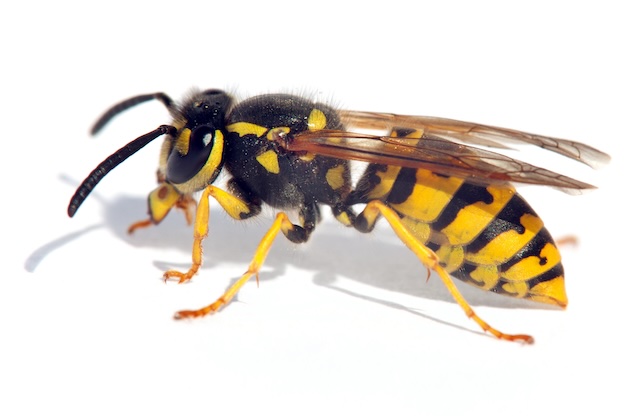When wasps come into or near your home, they can do more than just sting you; they can also charge you money. Being aware of the possible costs connected to wasp outbreaks makes prevention even more important. Our blog post talks about how much it costs to get rid of wasp nests and why prevention is the best way to save money when it comes to these buzzing pests.
**1. Costs of hiring a professional mover:
“The Sting”: If a wasp nest starts to bother you, it’s usually best and safest to call in professional pest control services.
Effects on the economy: Hiring a professional to get rid of wasp nests can cost a lot, depending on things like the size of the nest, where it is located, and the type of wasps involved.
**Costs of medical care:
The Sting: Some people have serious allergic reactions to wasp stings, which means they need to see a doctor right away.
Effects on the economy: Trips to the emergency room, medicines, and possible follow-up treatments can add a lot to medical bills.
3. Damage to property:
It stings: Wasps are known to build their nests in many places, like in walls, attics, or air vents.
Effects on the economy: Building the nest and then taking it down can damage buildings, which can lead to big repair bills.
4. Less time spent enjoying the outdoors:
The Sting: Being afraid of wasps can keep you from using outdoor areas, which can make your property less enjoyable overall.
The economic impact of investing in outdoor pest control methods or staying away from certain areas can make your outdoor spaces less useful and valuable.
**5. Effects on farming:
With their stingers, wasps can hurt crops, especially in forests and other places with lots of insects.
Effects on the economy: Farmers can lose money when pests attack crops and they have to use pest control methods.
Why investing in prevention is a good idea:
Upfront Cost Savings: Taking preventative steps like sealing off possible entry points and having your home inspected regularly is much cheaper than dealing with an infestation that is already there.
Healthcare Savings: Taking precautions to avoid bee stings can save you money on medical bills linked to treating allergic reactions.
Preserving Property Value: A property that doesn’t have wasps on it keeps its value, so you don’t have to pay for expensive fixes or deal with a property that is less likely to sell.
Peace of Mind: Not only does prevention save you money, it also gives you peace of mind, so you can enjoy your home and outdoor areas without worrying about running into wasps.
Steps to Take to Avoid Wasp Infestations:
Regular Checks: Make sure you check your property often to find and fix any possible nesting sites.
Sealing Entry Points: To keep wasps from building nests inside buildings, seal gaps and cracks in walls, roofs, and windows.
Proactive Pest Control: Use plants that keep wasps away and put decoy nests in strategic places to keep pests from coming back.
Professional Advice: Talk to professionals in pest control to get advice on how to keep pests away from your home.
The costs of a wasp invasion go beyond the costs of getting rid of them right away. Taking steps to stop pests not only protects your budget, but it also keeps your home’s value high and makes it a safer, more pleasant place to live. “An ounce of prevention is worth a pound of cure” is especially true when it comes to getting rid of these buzzing pests.
